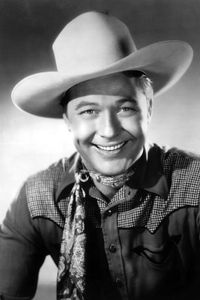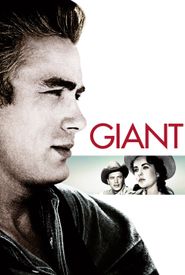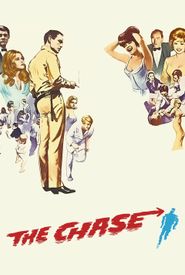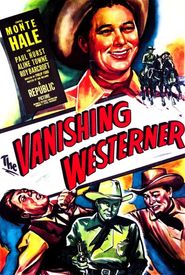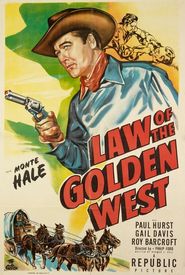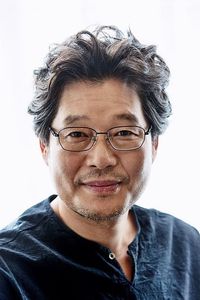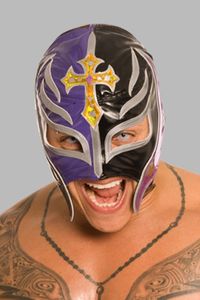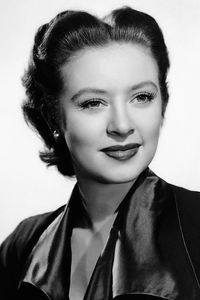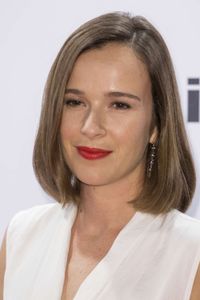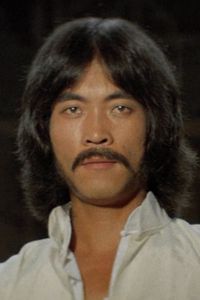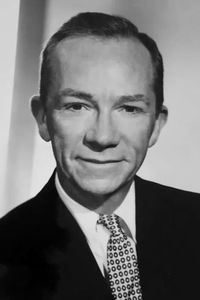Monte Hale, born Samuel Buren Ely, was a renowned American B-Western film star and country musician. Despite being sometimes reported to have been born in San Angelo, Texas, he was actually born in Ada, Oklahoma, where he grew up in Shawnee, Oklahoma, attending Washington Grade School and Shawnee High School. Hale's early life was marked by his father's work as an evangelist with the Church of God, where his musical talent was discovered.
As a young boy, Hale would gather pecans and pick cotton to earn money to buy his first guitar. He soon became known for his singing and guitar-playing abilities, performing wherever he could find an audience. After his parents' divorce, Hale's oldest brother, Buren, left home at the age of 16 to pursue a career in music, working in Houston and Albuquerque before eventually heading to California.
Hale's early career was marked by struggles, including a stint at a winter resort dude ranch and working as a replacement guitarist with the Stars Over Texas Bond Drive. However, his big break came when he was discovered by Republic Pictures, where he was given the name "Monte Hale" and signed a seven-year contract.
As Monte Hale, he starred in several Western films, including "Home on the Range," and was given the use of Roy Rogers' musical sidekicks, the "Sons of the Pioneers." He was often cast as a young cowboy, alongside cameos by Don Barry, Allen Lane, and Roy Rogers and Dale Evans. Hale's film career continued to thrive, with him playing more traditional Western heroes and starring alongside Paul Hurst as his sidekick in the "Riders of the Purple Sage" series.
In addition to his film career, Hale was also a recording star, releasing a series of Western comics published by Fawcett Comics. He even had his own title, which lasted longer than his film stardom. Republic Pictures began cutting back on Westerns, moving to television, and Hale finished his contract with an appearance in the Roy Rogers-Dale Evans movie "Trail of Robin Hood."
Hale continued to make public appearances at rodeos and Western shows, and even appeared in a few television roles and movies until 1966. In 2004, he received a star on the Hollywood Walk of Fame for his work in movies. He was also instrumental in the foundation of the Autry National Center of the American West.
